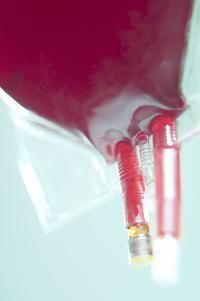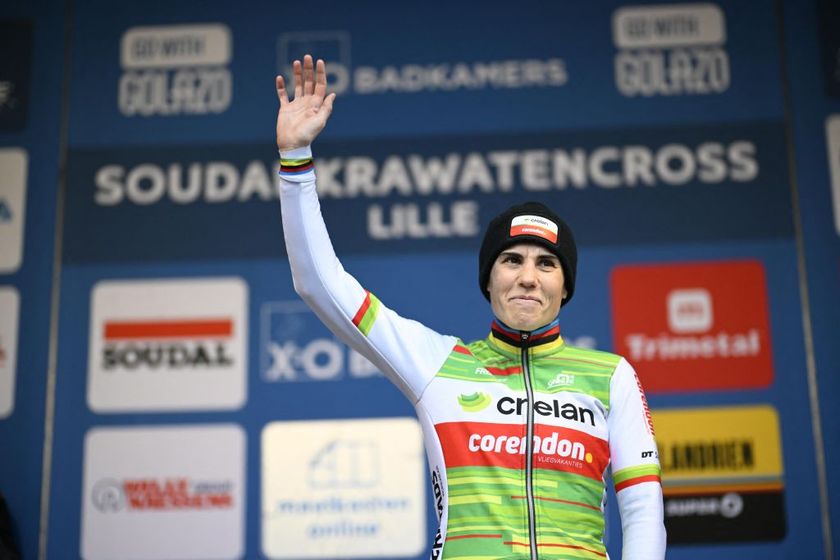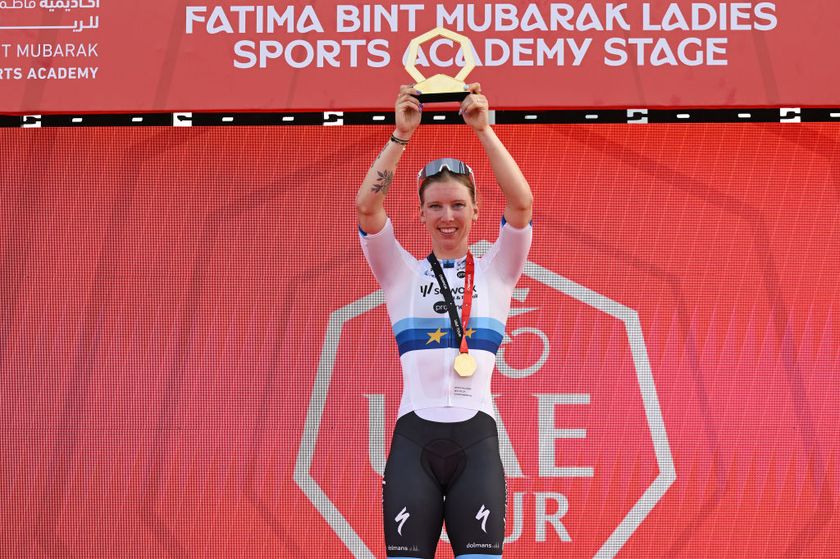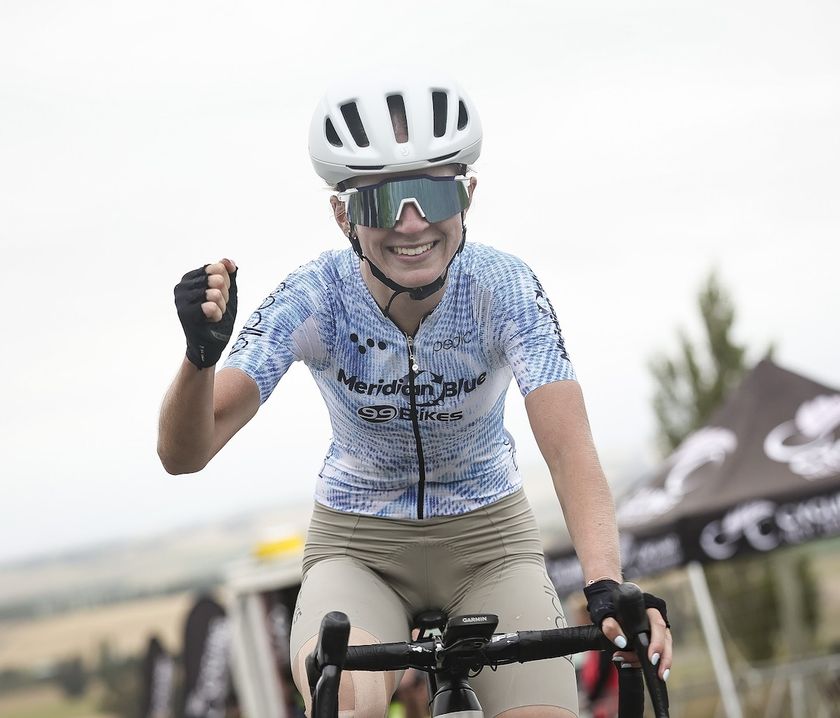UCI hopes to secure information on cyclists involved in blood doping investigation
Governing body says Operation Aderlass not aimed at cycling despite Denifl and Preidler confessions

The UCI has issued a statement concerning the police investigation into a blood doping network in Germany and Austria, saying it has asked the Cycling Anti-Doping Foundation (CADF) to "request the co-operation of the Austrian authorities and WADA to ensure all information directly or indirectly concerning cycling is handed over without delay".
The UCI will also ask the CADF to offer any assistance that could help the investigation.
The UCI said it was not implicated in the investigation and suggested it "was not aimed at cycling", adding that it does not have any first-hand information concerning confessions made by cyclists.
Five Nordic skiers were arrested last week during what Austrian police called 'Operation Aderlass' – Operation Bloodletting – with one caught while undergoing an autologous blood transfusion in his room the day before competing in an Nordic skiing race at the World Championships in Seefeld, Austria.
Over the weekend it was widely reported that former Aqua Blue Sport rider Stefan Denifl confessed to blood doping after being questioned as part of the investigation in Austria. On Monday it emerged that fellow Austrian Georg Preidler reportedly confessed to having his blood extracted for a possible transfusion.
Preidler quit the Groupama-FDJ team on Sunday, with the French WorldTour team revealing he had admitted to having his blood drawn on two occasions late in 2018.
Get The Leadout Newsletter
The latest race content, interviews, features, reviews and expert buying guides, direct to your inbox!
- Denifl confesses to blood doping in police interview
- Preidler admits to blood extraction as doping investigation widens
- Ochowicz: No red flags in Denifl's biological passport
- Madiot expresses 'surprise' and 'enormous disappointment' at Preidler doping confession
Operation Aderlass is centred around Dr. Mark Schmidt and his family. 40 blood bags were reportedly discovered in a garage in Erfurt, Germany. Schmidt was previously a doctor at the Gerolsteiner and Milram cycling teams. He was accused of doping by Bernard Kohl when the Austrian rider was caught in 2008 but was cleared after a trial.
According to reports in German media, Schmidt is ready to co-operate with the investigators and perhaps name his many clients. As in the Operación Puerto blood doping investigation in Spain, masterminded by Dr. Eufemiano Fuentes, the blood bags are labelled with simple abbreviations, or code-names.
Investigators hope to secure a court order to secure the DNA of the accused athletes so that the identity of the 40 blood bags can be confirmed. Current world champion Alejandro Valverde was identified as a Dr. Fuentes client this way as part of an investigation by Italian anti-doping officials. He was banned for two years in 2010.
Nordic skiing and cycling have been hit by numerous doping scandals in the last 30 years, with the creation of the Biological Passport of longitudinal blood values aimed at spotting blood manipulation techniques. However, few riders have been banned via the Biological Passport, with its true effectiveness often called into question.
There is suspicion that athletes use micro-blood doping techniques to stay within their Biological Passport parameters, taking out as little as 135 millilitres of packed red blood cells away from competition and then injecting it before or during major races. Needles are banned in cycling but the rule is difficult to enforce. Athletes are suspected of using altitude training, long-distance travel and illness as a way of justifying any variations in their Biological Passport, while cases are sometimes dropped because they require a unanimous judgment by three experts to move to the disciplinary phase.
The UCI said it will follow the Operation Aderlass investigation closely and take all measures possible as soon as it is in possession of the elements requested.
Under UCI rules, the international federation is responsible for any subsequent disciplinary action against any cyclists that are proven to be involved. Athletes face four-year bans for doping offences.
Most Popular





